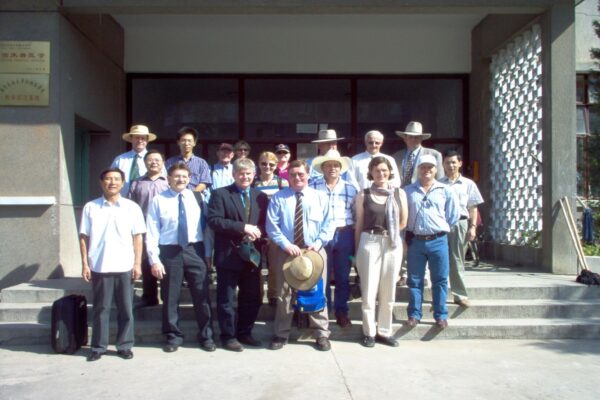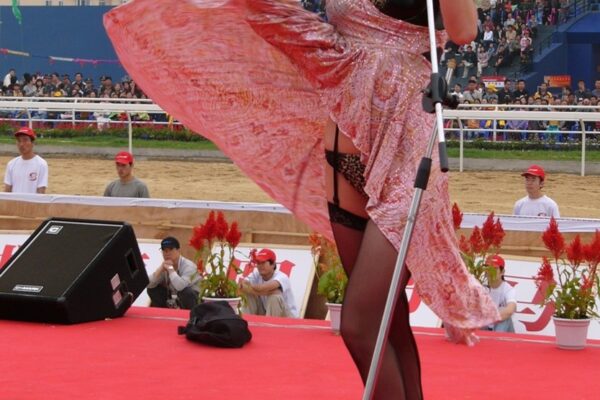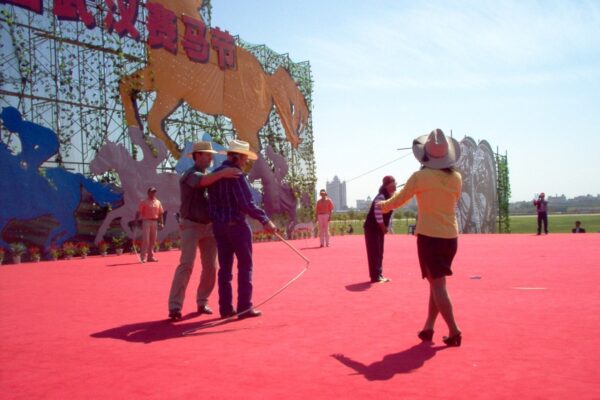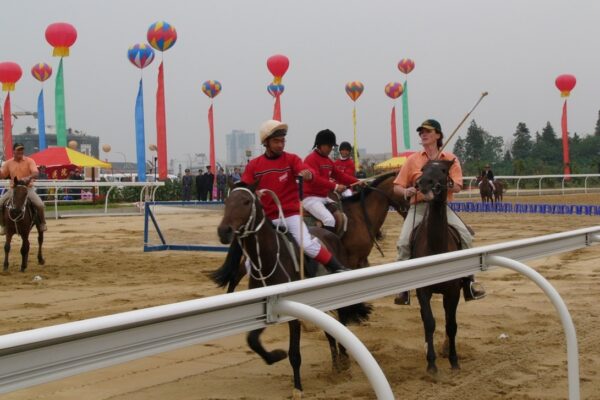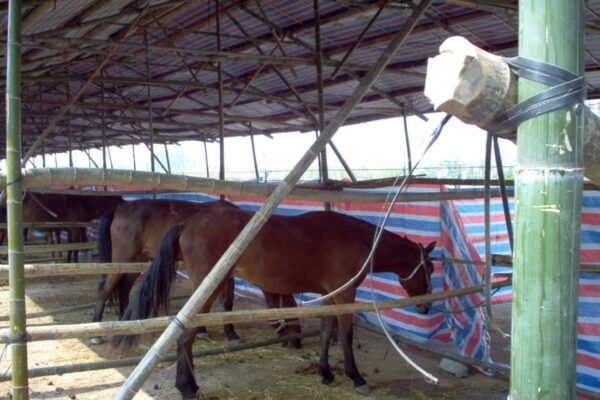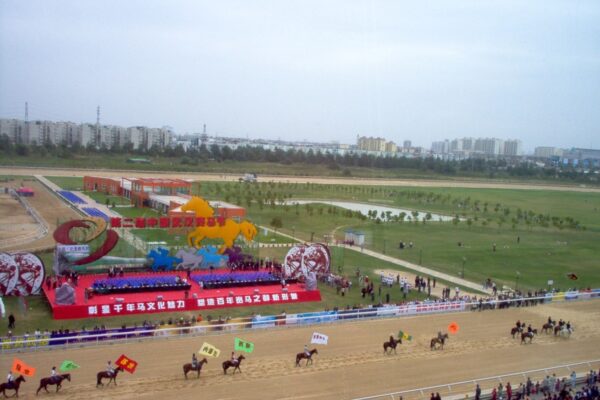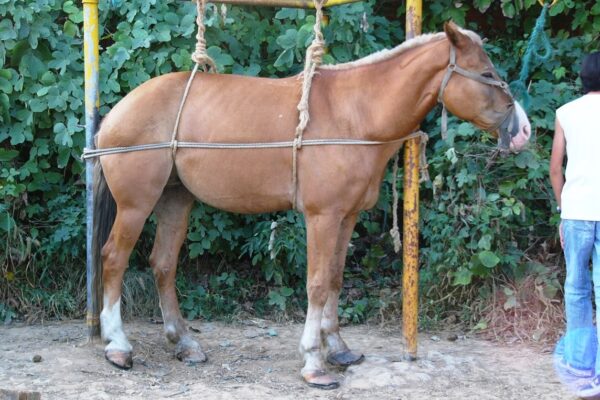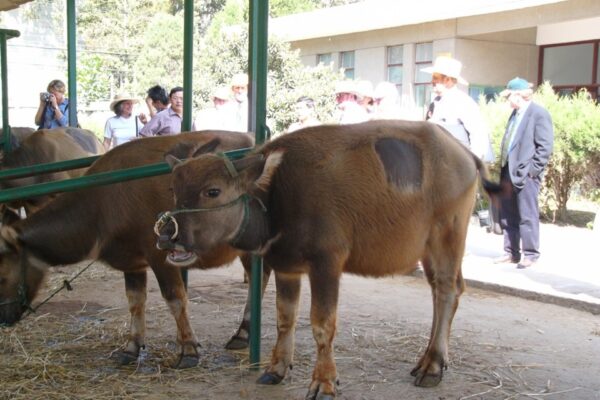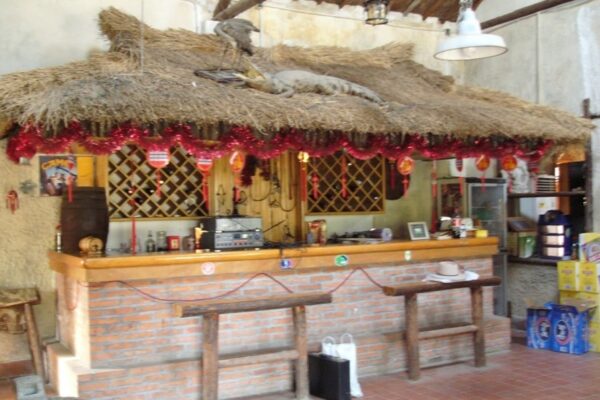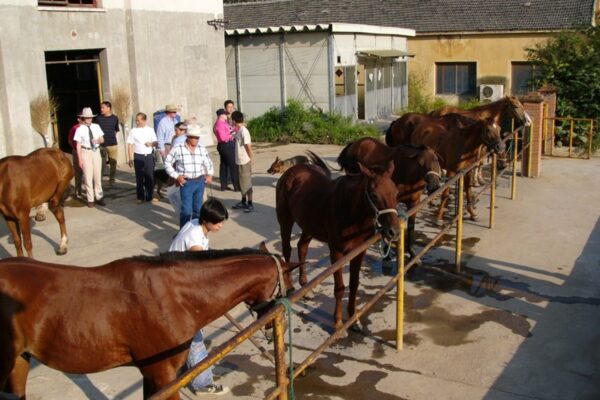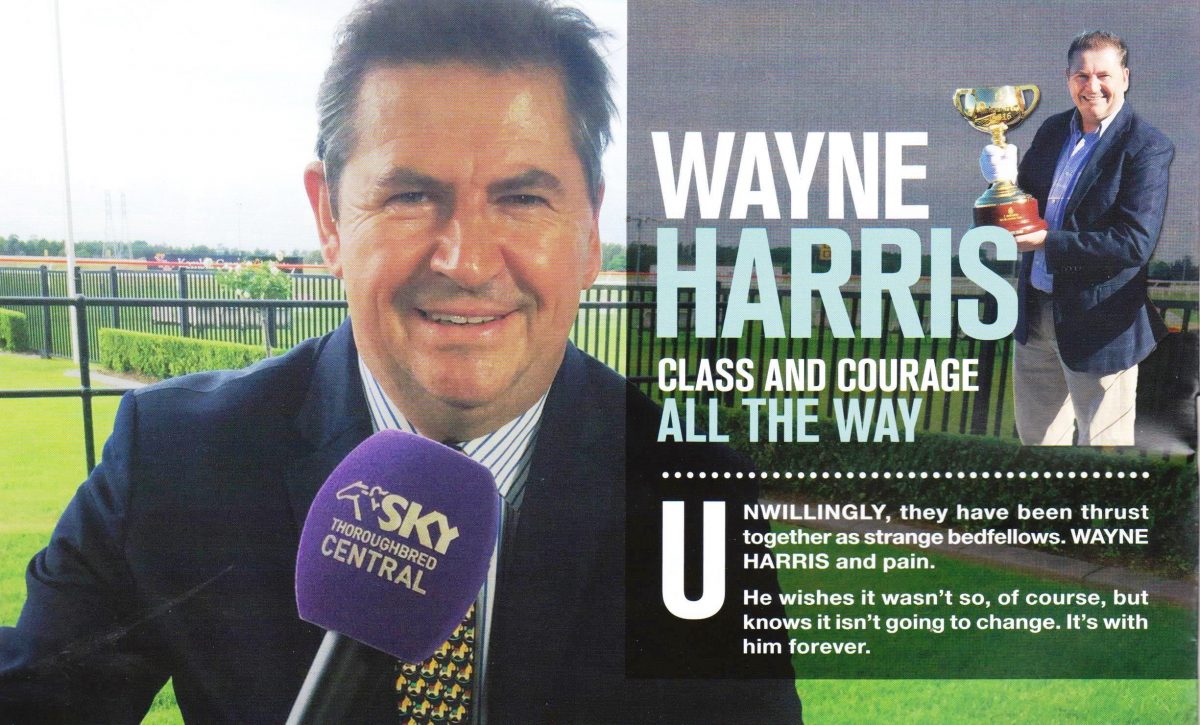Wayne Harris II
Featured Image & Text:
“Class and Courage All The Way”: Acknowledge ‘From the Track’; NH & CC Racing News Spring 2018
Prologue
See also: https://sconevetdynasty.com.au/wayne-harris/
See also: https://sconevetdynasty.com.au/wp-content/uploads/2021/09/Wayne-Harris.pdf
My initial ‘blog’ on Wayne Harris has been so popular I decided to add the following as well. I’ve totally purloined the cosmic content from the excellent Newcastle, Hunter and Central Coast Horse Racing News publication: ’From the Track’; Spring 2018. At the time Wayne was riding as an apprentice I represented the Scone Race Club on this organisation. I feel justified in repeating it; otherwise it would not be available in public and ‘searchable’. Wayne is one of the truly inspirational people I have been privileged to meet in my (now) over 50 years in the thoroughbred industry in the Upper Hunter Valley. Peter Snowdon is another along with Murray Bain, George Ryder, Stanley Wootton, Reg Moses, A O Ellison, Bert Lillye and Bim Thompson to name a few others. Wayne’s career and example are stratospheric. I’ll leave it to the unnamed journalist to recount the stellar tale.
Dialogue
Unwillingly they have been thrust together as strange bedfellows, Wayne Harris and pain. He wishes it wasn’t so of course but he knows it isn’t going to change. It’s with him forever.
The decades have passed since ill health forced the 57-year-old to prematurely pack up his saddle on a stellar Australian and International riding career which had netted scores of feature victories and more than 2000 winners.
He remains the youngest jockey to have won the world’s richest juvenile race, the Golden Slipper Stakes, and has also won Australia’s iconic race, the Melbourne Cup.
Regrettably he was robbed of the chance to add to those “big two” along with other major triumphs including a Queen Elizabeth Stakes, Canterbury Guineas, Epsom Handicap, Champagne Stakes (3), Silver Slipper Stakes (2), AJC Sires Produce Stakes (2), Apollo Stakes, Theo Marks Quality and Chelmsford Stakes in Sydney, Caulfield Stakes, Newmarket Handicap, Blue Diamond Stakes, William Reid Stakes, Turnbull Stakes, Craiglee Stakes and Orr Stakes in Melbourne, Doomben Cup, Queensland Oaks and Queensland Guineas in Brisbane, South Australian Derby in Adelaide, two Magic Millions Classics and a Hollindale Cup at the Gold Coast, Ipswich Cup and a Hong Kong Bowl, Singapore Gold Cup and Ireland’s Ballylogan Stakes overseas.
That’s not to mention the number of Newcastle plums (Gold Cup, Newmarket Handicap and now defunct Penfolds and Coca-Cola Classics), Hawkesbury Gold Cup and Grafton’s Ramornie Handicap twice.
He also had the unusual distinction of winning both the Port Macquarie Cup and Caulfield Guineas on successive days in the spring of 1994.
“I was invited to Port Macquarie as a guest and Yorkey (trainer Gordon Yorke) persuaded me to ride Town Oak in the Cup,” Harris recalled during a lengthy interview with FROM THE TRACK.
“He had won both the Taree and Wyong Cups and was a steering job. He won easily.
“But I had plane dramas getting back to Sydney and then on to Melbourne to win the Guieas the next day on St Covet. It was a strange 48 hours.
“Most likely I was the first jockey, and perhaps the only one, to also win both the Post Macquarie and Melbourne Cups in the same year,” he chuckled.
Harris became the first Australian apprentice to ride five winners in a day on a metropolitan track (at Randwick on December 30, 1979) and chalked up a record 183 wins in 1980-81; all the more remarkable because there were not the same number of meetings then as now.
Make no mistake. An inaugural inductee last year to the Newcastle & Hunter Hall of Fame, he is one of the finest jockeys our country has produced.
Further greatness beckoned, but it wasn’t to be. Only two months after his 37th birthday his career was over; much too soon.
Nowadays, as the face of Sky Racing’s Thoroughbred Central channel at all Kembla meetings, he provides expert analysis of every race along with selections and post-race comments.
“They’re like family to me at Kembla,” he said. “I’ve been working with them for nearly 20 years; they have stuck solid.”
But the cheerful countenance viewers see on their TV screens belies Harris’ ongoing serious battle with his health.
Two brain tumours, meningitis, pneumonia and a staph infection floored him. But he beat them; Group I “victories” of an entirely different kind.
Some 11 spinal operations later, he walks with the aid of mobility devices. Pian is always by his side.
It’s a far cry from those heady days at the top of the riding tree, but Harris is made of stern stuff and not a quitter. He has always been a fighter.
As far back as his younger days when the “Muswellbrook Whiz Kid” – as he was tagged when his racing career took off – was pretty deft in the boxing ring.
Born on December 17, 1960, Harris was the second of three sons to his parents Vince and Joyce; the eldest Gary being born in 1953 and the youngest Greg in 1966.
Coming from a family that loved sport, it was no surprise that Harris excelled at every sport he took on.
“It didn’t matter whether it was rugby league, cricket, tennis, cycling, basketball, swimming or boxing, I went alright,” Harris modestly said.
“Gary won two Hunter Valley Golden Gloves Boxing Championships, and I won my first on the same night he won his second.
“I lost only one fight on a close decision after I had been sick leading up to it. I didn’t want to go out a loser, and won my next fight and that was it.”
In spite of his small stature, Harris hadn’t really entertained becoming a jockey. That all changed once he began going to his uncle Pat Power’s property at nearby Wybong during school holidays.
“I was 12 or 13 at the time, and Uncle Pat trained a couple of horses as a hobby and I started helping him out.
“I quickly fell in love with the horses, and he introduced me to Pat Farrell, to whom I later became apprenticed at Muswellbrook when I was allowed to leave school when I was 15.
“I worked at pat’s stables before and after school. He was a pretty hard taskmaster, and took me along slowly.
“But I always had good balance and took to riding quickly.”
Aside from Farrell’s guidance, the budding young jockey had an excellent mentor in former champion jockey Hilton Cope.
After a dozen or so rides which included a couple of placings, Harris broke through with that often elusive first winner.
How could he ever forget the day? It was Melbourne Cup day 1976 (November 2) in a minor race at his own track’s annual Cup meeting. Eighteen years later he was to reach racing’s pinnacle by getting Jeune home in that first Tuesday in November at “fabulous Felemington”.
“Duke of Westpoint was my first ride in a race and my first winner,” Harris said. In fact, he was also my second winner.
“He was the one of the slowest things in the stable, but he was good to me. He was the outsider of Pat’s horses both times.”
[Note: ‘Duke of Westpoint’ was bred and owned by Peter and Robyn Hodgson of ‘Chamorel Park Stud’, Upper Rouchel near Aberdeen. Peter was the ‘driver’ behind the formation of the Hunter Valley Blood Horse Breeders Association. See HTBA and ‘Bold Scone Venture’ on this website blog.]
See: https://sconevetdynasty.com.au/bold-scone-venture/
Harris’ climb to the top as an apprentice was such that, whilst based in the country, he won three successive Sydney junior riding premierships between 1979 and 1981.
He rode a record breaking 558 winners as an apprentice, highlighted by his unforgettable 1979 Golden Slipper triumph at Rosehill on Bart Cummings’ filly Century Miss.
“I had been doing a fair bit of riding for Bart at the time,” Harris recalled.
“Peter Cook had won on Century Miss a week earlier in a lead-up race (Magic Night Quality), but already had a Slipper commitment.
“The late great Sydney racing journalist Bert Lillye kicked up very strongly with Bart to get me the ride.
“He said to him: ‘You put Wayne on every day of the week; why don’t you put him on in the Slipper?”
Cummings eventually agreed and Harris, at 18 years of age, became the first apprentice to win the Golden Slipper and is still the youngest rider to have won the prestigious two-year-old classic.
But it was close. The photo-finish camera had to be called on for only the second time then since the race’s inception in 1957 – and it showed Harris’ mount had edged out South Australian Dawn Command by a head.
Harris was placed in the next two Golden Slippers; third on Baglaga Miss (1980) for Colin Hayes and runner-up on Food For Love (1981) for Pat Farrell.
Later as a senior rider, he was again placed twice; second on Paris Opera in 1989 and third on Big Dreams in 1991.
Harris outrode his claim in Sydney early on and had to compete on level terms with the likes of Cook, Malcolm Johnston, Ron Quinton, Mick Dittman, Darren Beadman, John Marshall and John Duggan.
“They changed the rules after Malcolm won both the apprentice and senior titles (107.5 winners) in 1975,” Harris said. “Apprentices weren’t able to keep claiming 1.5kg right up to becoming senior riders.”
Harris can look back and smile at such wonderful memories, but at the same time ponders which option he should have taken. Stay in the country as he was “convinced” to do and enjoy a casual lifestyle though with monotonous travelling and wasting, or seize an opportunity to transfer to Sydney earlier and join any of the leading stables such as T J Smith. Cummings, master of apprentices Theo Green and Neville Begg.
The latter option would have resulted in him being put constantly on the big stage with arguably an easier workload and reaping even greater rewards.
Harris’ 1994 Melbourne Cup triumph on Jeune came “out of the blue” of sorts, although he had been having some success for the import’s trainer David Hayes.
“I had won both the AJC Sires Produce Stakes at Randwick and Caulfield Guineas (both Group 1s) on St. Covet for David, and kept asking him about a Melbourne Cup ride,” he said.
“He told me in the jockeys’ room at Flemington on Derby day to come up to the barrier draw after the races and see what might happen.
“Shane Dye rode Jeune when runner-up in the Mackinnon Stakes that day and had the pick of the Hayes’ Cup runners. He chose Coachwood (who finished 18th) when he drew just inside Jeune, and I got the mount.
“It was a case of being in the right place at the right time. Jeune was a funny horse, and I felt the best thing to do was follow the best jockeys (Beadman and Jimmy Cassidy) in the race.
“When Jeune burst to the front in the straight and was home, it was an unbelievable feeling.
“It’s a life changer for sure for a jockey because it can open plenty of doors. It’s bullshit if you don’t think winning a Melbourne Cup is a big deal.”
Winning the cup is special in its own right – but for Harris it carried so much extra significance.
He had come back from his first brain tumour and numerous falls, and had not long celebrated his 22nd birthday when that was first diagnosed.
When Harris eventually made the move to Sydney, he was based at Randwick and kicked off 1982 by winning the Carrington Stakes there on New Year’s Day on talented Rosehill sprinter Ubetido.
The year, however, had had its ups and downs and didn’t end well. A Randwick fall in February sidelined him for a few weeks with a tailbone fracture. He was back for the autumn carnival and picked up a fluke ride on bolter Mighty Manitou, and won the Sires Produce Stakes on him for trainer John Hawkes.
There were also gaps in his riding that year from suspensions and illness, all of them combining to frustrate him trying to keep his weight at an acceptable level.
He won the Silver Slipper Stakes on Been There at Rosehill in October for a second successive year, after scoring on Vaindarra in 1981, but health problems were surfacing. There were occasions when he was too ill to fulfil his bookings after arriving at the track.
It all came to ahead in December when, after suffering headaches and nausea, he knew something was seriously wrong.
When he was suspended that month for the seventh time that year, his doctor recommended undergoing tests. The prognosis wasn’t good; Harris underwent a seven hour operation to remove a brain tumour in Sydney in mid-January, 1983.
Nine long months later, armed with a medical clearance and fully convincing stewards he was fit to ride again, he was given the “green light” to resume.
“I recuperated with Ray and Fay Wallace at their home near Broadmeadow racecourse,” Harris said. “They were absolutely wonderful; like second parents to me. Ray was a fantastic mate; none better.
“And Max Lees, who lived two doors away, was a tremendous support as well. I will never forget their encouragement and help to get me riding again.”
Harris’ comeback at a midweek meeting at Gosford on Thursday, September 29 couldn’t have been better scripted. He had rides in the last two races and won them both; on Court Regent for Wallace and Silver Road for Lees.
A few days later, Harris went to Sydney and won the Widden Stakes at Warwick Farm on Lees’ promising youngster Rivage, on whom he was to also win the Penfolds Classic at Broadmeadow the following autumn.
The winners kept flowing. “I had a remarkable run; I rode 15 winners from my first 18 mounts back,” he said.
“The doctors told me that it was long odds that I would get a recurrence of the brain tumour and if it did happen, it wouldn’t be within the next five years.
“When I won the Ramornie at Grafton in 1996 on Cangronde, I wasn’t feeling 100 per cent.
“Not long after that, further tests confirmed the tumour had returned. It was a million to one chance and I had to have another operation.”
Thankfully, it was benign, though Harris had no time to celebrate. “I got very sick and was diagnosed with meningitis.
“It nearly killed me; I was placed on life support.”
He pulled through, but the meningitis returned and he contracted pneumonia and a staph infection. After a fortnight in intensive care and four months in hospital, he came out the right side. His fighting spirit had won him another “race”!
Deep down though, he knew his days in the saddle were numbered and there two things he especially wanted to do – to make another comeback and go out a winner and also ride a winner in West Australia.
“I had ridden winners in every State except WA,” he explained. “I went there at Christmas time in 1997 and won at Ascot (a Group 3 race) on Boxing Day on a horse called Jacks Or Better.”
Barely six weeks later, Harris admitted the body had endured enough – and his doctor told him to quit.
“It was midweek and he told me to stop riding immediately, but I had taken two rides at Rosehill on the Saturday and made up my mind to go there and finish on a winning note.”
The Muswellbrook Whiz Kid was true to his word. On February 15, 1998 he ran second on Space Prince and a few races later he won on Quick and Handsome for Canberra trainer Pater Staunton, then pulled up the stumps.
Ina moment of reflection, he offers; “What a rollercoaster life and career it’s been; the highets of highs and the lowest of lows that I’m sure no one will ever know about.”
As well as his Sky work at Kembla Grange, he also pushes himself hard to manage three jockeys (Chris O’Brien, Travis Wolfgram and apprentice Robbie Dolan); something he learnt from his brother Greg, who at one stage looked after jockeys such as thrice Melbourne Cup winner Glen Boss and now retired local larrikin Alan Robinson.
The sad irony though is that, in spite of his many triumphs on the track, his hue health battles off it won him admiration and sympathy – but precious little else!
Harris is entitled to feel let down by the powers that be, having to fend for himself amidst continuing medical bills as a result of arachnoiditis (a painful spinal condition), hospital visits and ongoing medication. His injuries and subsequent poor health surely don’t arise from anything other than his race falls!
Typically, the courage and determination which has characterised his life has, somehow, ensured he maintains a positive attitude. “I know there are people worse than me, and I have to keep going,” he says.
“The alternative is not real good.”
